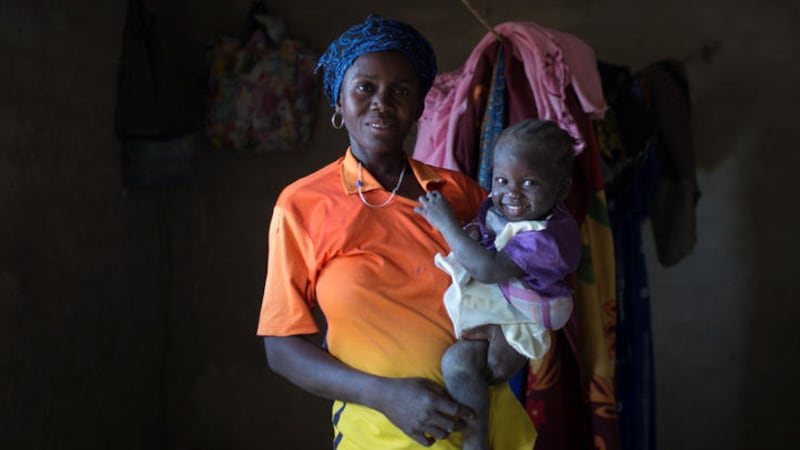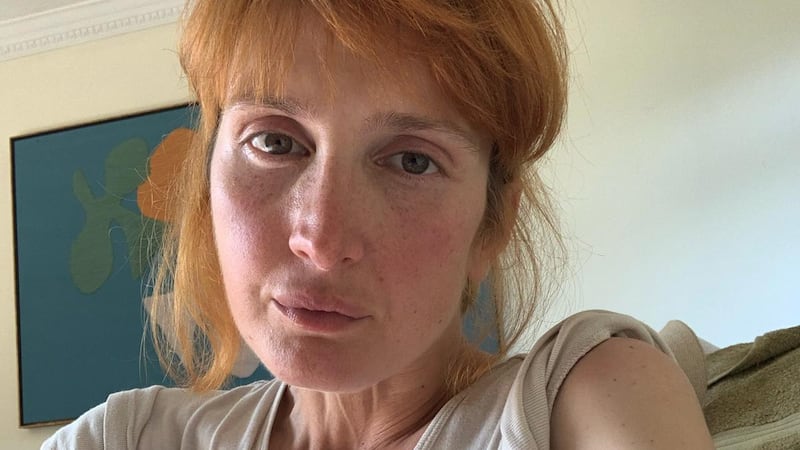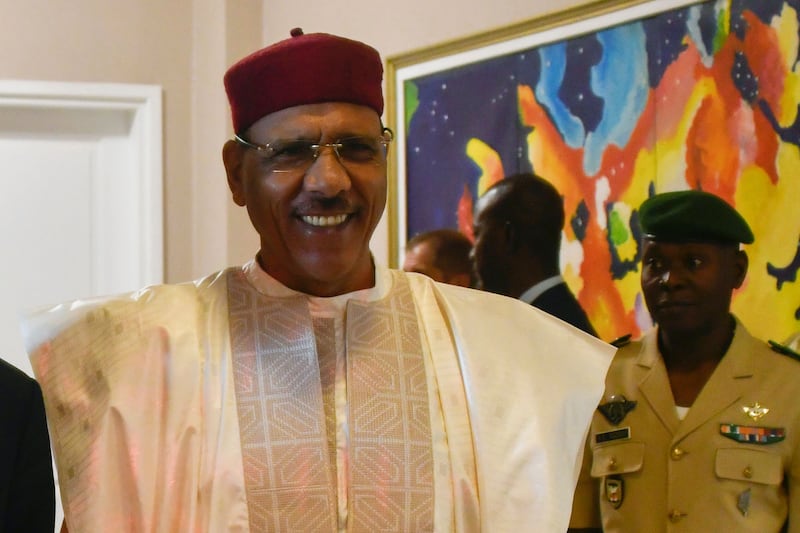LITTLE is known in this part of the world about Burkina Faso, the small landlocked west African nation.
A country of small farmers with no real natural resources to speak of Burkina Faso, with a population of just over 17 million, holds the unenviable position of one of the poorest nation's on earth.
The country briefly made global headlines in October last year when Blaise Compaoré who ruled since 1987 was ousted from power during a short coup.
His former residence situated in the capital Ouagadougou, lies a burnt-out shell. Democratic elections will be held in the country later this year.
Outside of the capital and little has changed for the Burkinabè in hundreds of years, climate change has created a dry and inhospitable land that has left many living close to starvation.
There is little or no industrialisation with almost all farming still carried out by hand using ancient methods and crude tools. The battle to find water to irrigate the land increasingly difficult as the rainy season grows shorter each year.
In this mainly Muslim country women do the lion's share of the backbreaking work both at home and on the land.
Most older women received no formal education but there was a determination among the mothers we met to ensure a better life for their daughters.
Christian Aid along with its partners in the field have been engaged in the delicate task of helping women break out of poverty and the conservative constraints placed upon them while at the same time respecting tradition.
At the forefront of this change is the formidable Aisseta Kabre, a larger than life aid worker who breaks with every tradition.
A Christian in a mainly Muslim land she advertises her religion with a choice of flamboyant 'Jesus' themed outfits.
Having educated her way out of her own impoverished background she's dedicated her life to helping others do the same with an infectious enthusiasm that's impossible to ignore.
While she admits progress is at times frustratingly slow there have been notable changes.
Family planning and the use of contraception, to help reduce the infant mortality rate and child poverty, is slowly becoming acceptable.
The subject - that was taboo in the Ireland of our grandmothers - still carries a social stigma meaning many women find it difficult to discuss publicly.
Sore Habibou, a mother of four, is the second of three wives in an arranged polygamous marriage.
While the 33-year-old agreed to speak to us about using contraception to space out the time between her pregnancies it was only after the other women from her village were out of earshot.
Sore, spoke nervously while nursing her two year-old daughter Rihana. She was at pains to point out she was only able attend a clinic for contraception with blessing of her husband.
She said those in her village who did not have access to family planning risked multiple pregnancies in close proximity, with small poorly babies and not enough milk to nurse. An average of one in every 330 women die in childbirth.
Sore pays around 50p every three months for a contraceptive injection that has allowed to her to concentrate on nutritiously feeding the four children she already has.
However, pressure still exists to give her husband as many children as possible so as not to be considered inferior to the other wives in the household. Nine children is the norm for most women.
Aisseta explains how it is impossible to just go into a village and try and change tradition overnight, explaining instead how they have managed to help women under extraordinarily difficult circumstances.
"We make the men think it was their idea", she said. "Tell them they will have stronger children and more money in their pocket, we have to work with them not against them. Otherwise they would reject us and all would be lost", she added.
* This Christian Aid Week (10-16 May) thousands of volunteers across the UK will take part in Britain’s longest running door-to-door fundraising week to raise money for its vital work with communities like those in Burkina Faso featured here.
To make a donation visit www.caweek.org, call 08080 006 006 or text ‘WEEK’ to 70040 to give £5.








